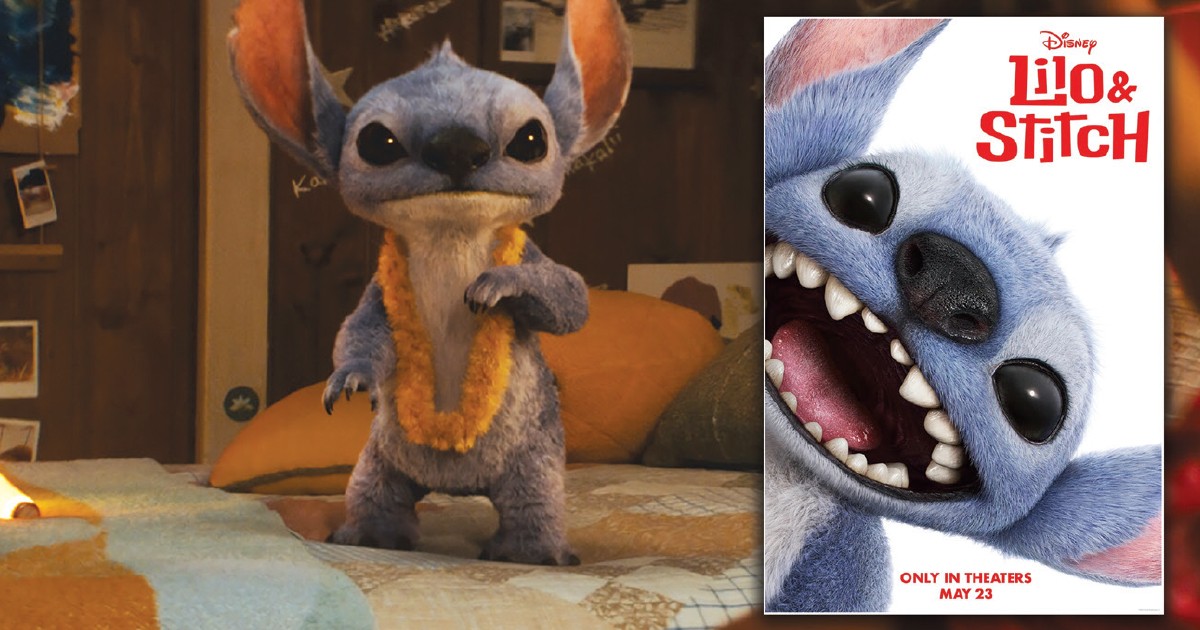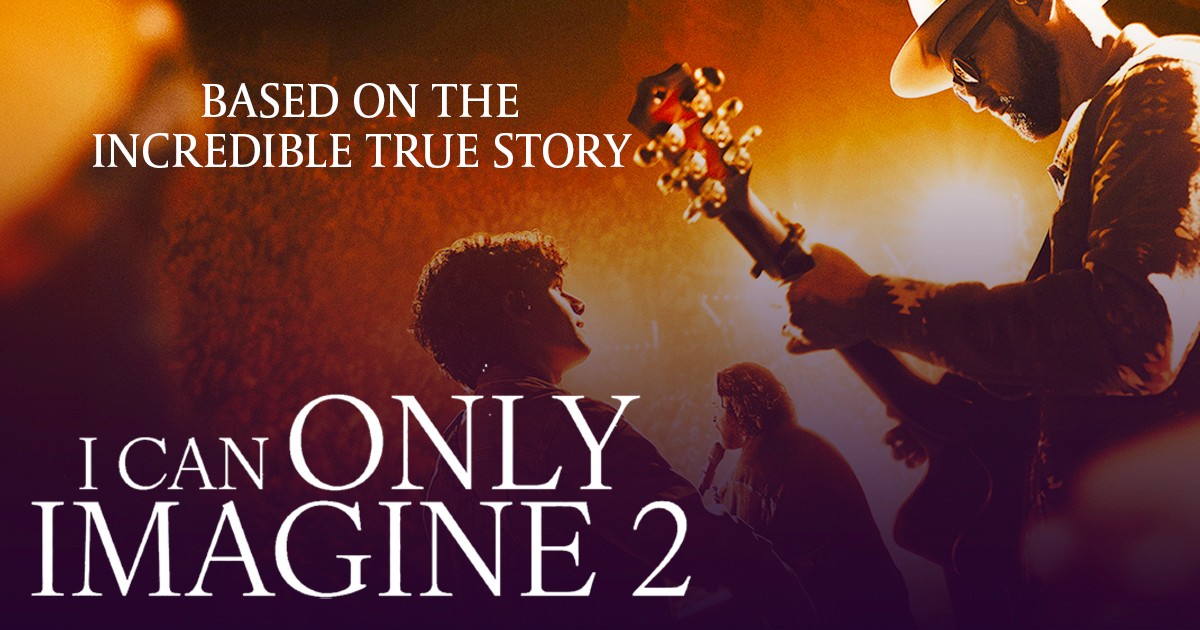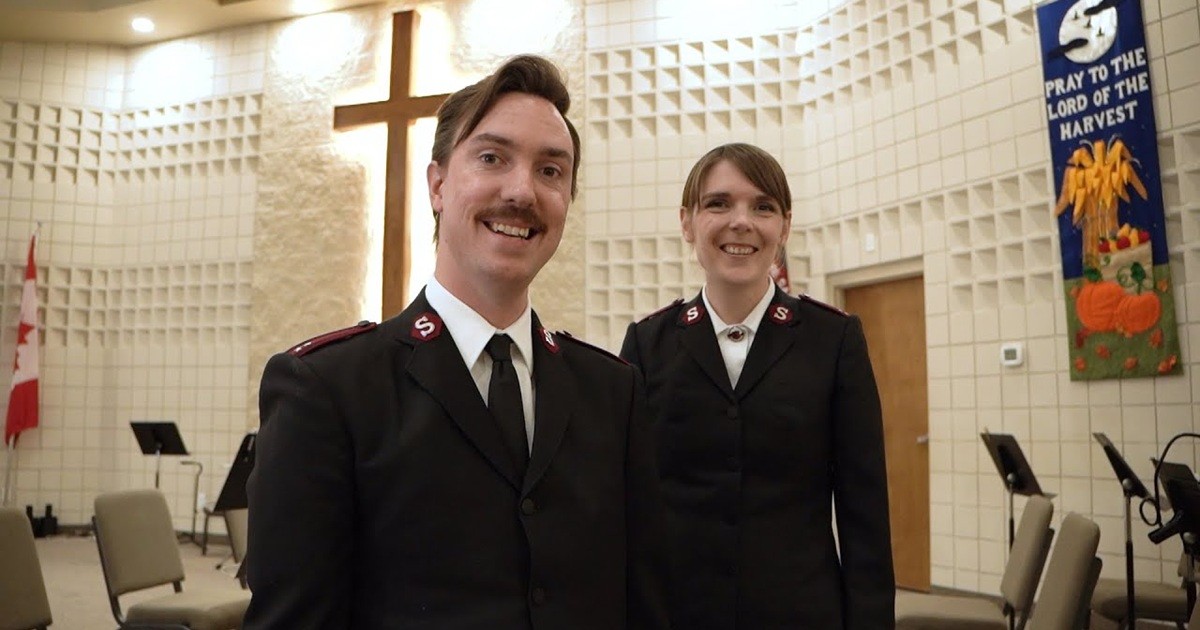Lilo & Stitch, in theatres this month, is a live action/CGI remake of Disney’s 2002 animated film of the same name.
Adopt-an-Alien
When six-year-old Hawaiian Lilo Pelekai (Maia Kealoha) and her 18-year-old sister, Nani (Sydney Agudong), lose their parents in a car crash, their whole lives change. Nani becomes Lilo’s legal guardian, but the girls are under constant threat of being separated and put into foster care by a social worker named Mrs. Kekoa (Tia Carrere, who voiced Nani in the original film).
When Lilo starts to feel lonely, Nani takes her to the animal shelter to adopt a pet. There, Lilo meets Stitch (Chris Sanders), a strange blue creature that everyone assumes is a dog. But in reality, Stitch is Experiment 626, an alien designed by Dr. Jumba Jookiba (Zach Galifianakis), a mad scientist from a distant planet. Stitch escaped his captors in an alien spacecraft, crash-landed on earth and ended up at the animal shelter. After adopting Stitch, Lilo tries to teach him to behave, but Stitch was designed for destruction—and he’s quite good at it.
Stitch causes many problems for Lilo and Nani, but Lilo doesn’t care. As she and Nani firmly believe, “Ohana means family. Family means no one gets left behind or forgotten.” When Dr. Jumba tries to capture Stitch, Lilo and Nani find themselves in danger, and their loyalty to their odd new family member is tested. Does family really mean sticking together, even when people aren’t who we thought they were?
Who Is My Neighbour?
Ohana refers to family in an extended way—not only people who are blood-related but those who are adopted and people we choose as our family.
Many of us find our chosen family at church. We share the bond of faith, so it’s easy to form other connections, too. Some of us may even feel closer to our chosen family members than to our biological ones. And while the Bible is clear that we are to love and respect our biological family members, it also clearly embraces the idea that our families—those who can count on us to help them in times of trouble—should be more than just those with whom we share a blood tie.
In Luke 10, an expert in the law asked Jesus who the Bible is referring to when it says, “Love your neighbour as yourself.” In reply, Jesus told the story of the Good Samaritan, a man who happened upon a stranger who’d been robbed and beaten. The Samaritan looked after the man, sacrificing his own time and money to help him. The Samaritan was not the man’s neighbour, but he cared for him as though he was. Jesus tells the expert in the law, “Go and do likewise” (Luke 10:37).
Honouring God
Jesus instructs us to love those around us as though they are our neighbours and our families. And this love shouldn’t be just a friendly feeling toward others. This kind of love takes action when others need help.
Like the Good Samaritan, it is likely to cost us some of our time or money. This could mean donating canned goods to our local food bank, helping someone move, babysitting for a single parent or buying a meal for someone in need. It could even be as simple as smiling or offering an encouraging word to a stranger who’s having a rough day.
1 John 4:21 says, “Anyone who loves God must also love their brother and sister.” Who are our brothers and sisters? Again, the Bible is referring to more than just the people in our biological families.
Loving those around us isn’t an easy task. Jesus understands this. After all, He had to listen to His disciples—whom He loved as brothers—bicker over who among them was the greatest and who should sit at His side in heaven (see Mark 10:35-45). Asking God for patience and wisdom in dealing with others is a prayer He loves to hear. It shows our desire to honour God by loving His children.
In Hawaii, ohana means family. And in God’s kingdom, family means all of God’s children.
Photos: Courtesy of Walt Disney Studios Motion Pictures
This story is from:










Leave a Comment